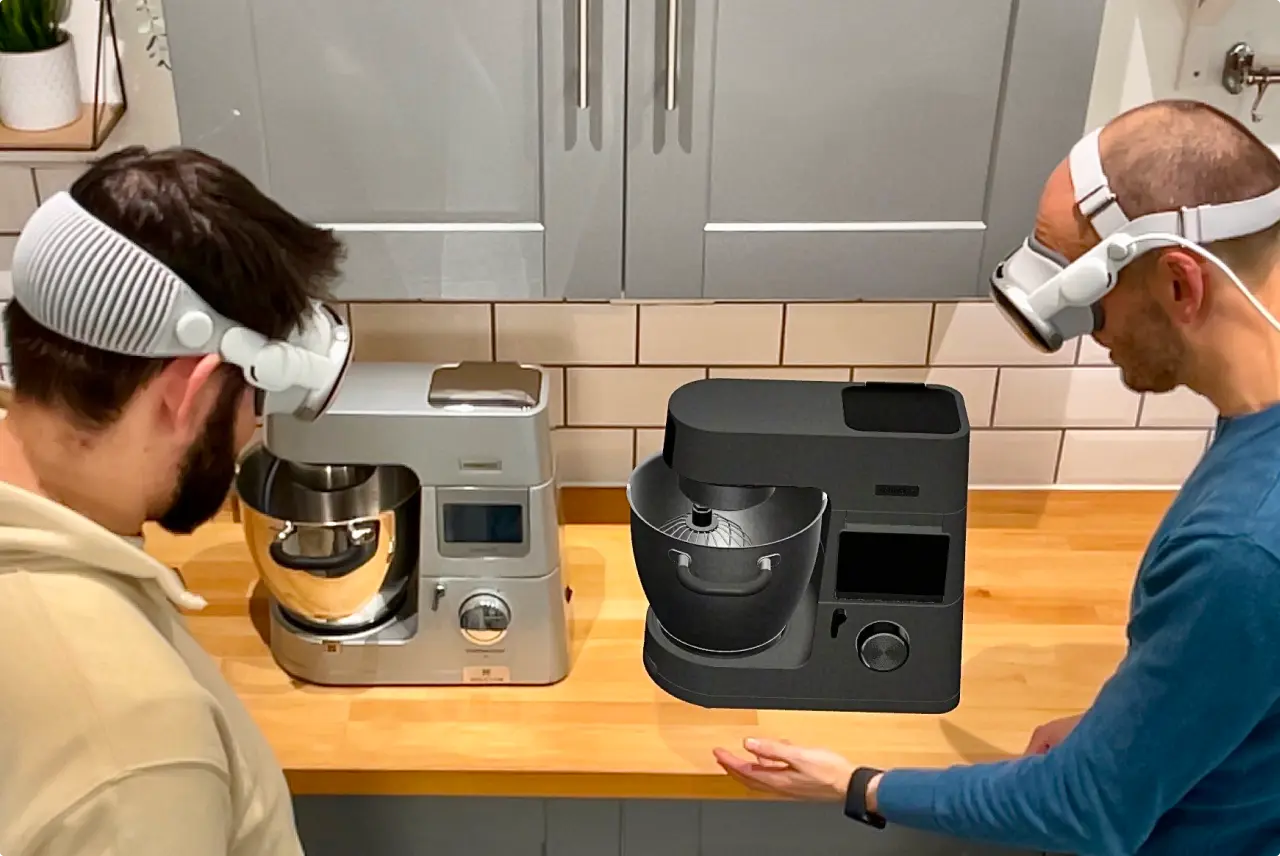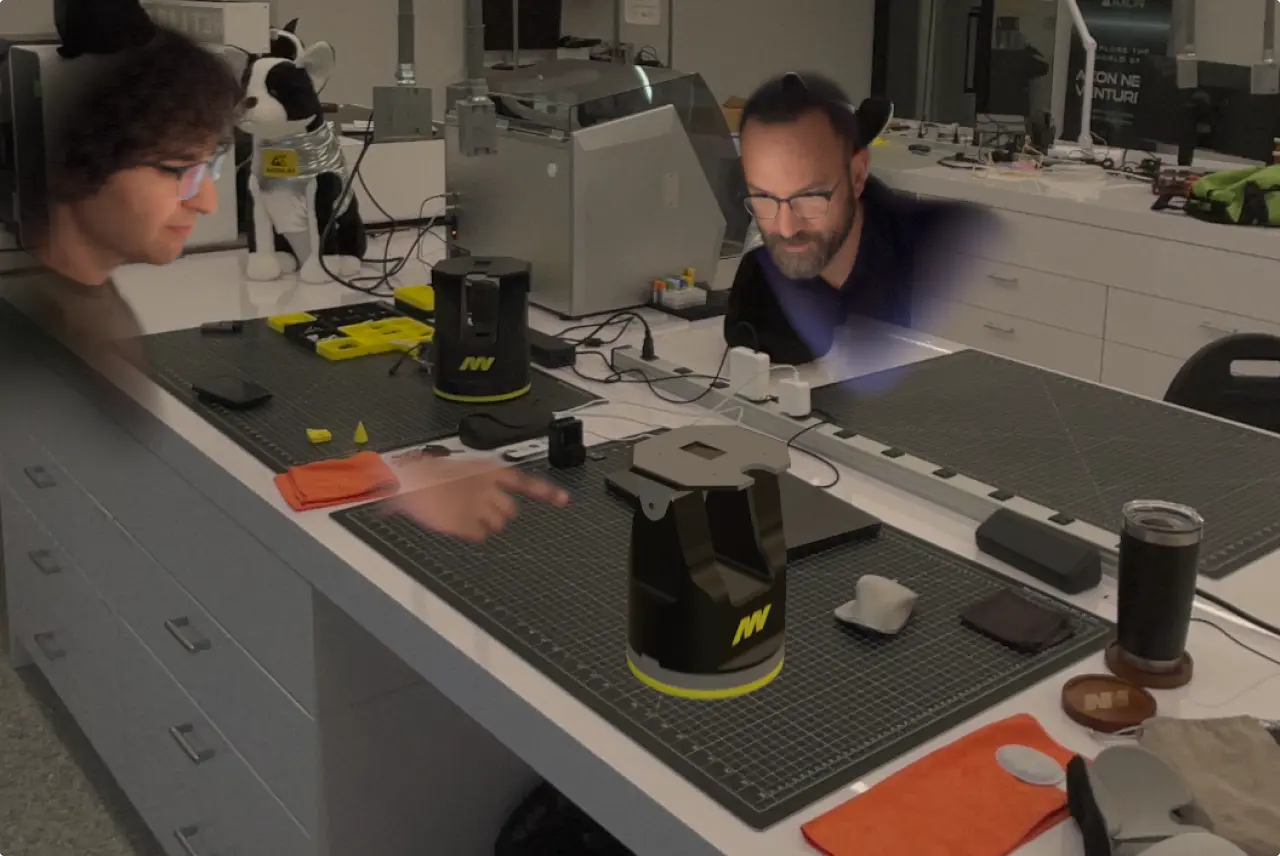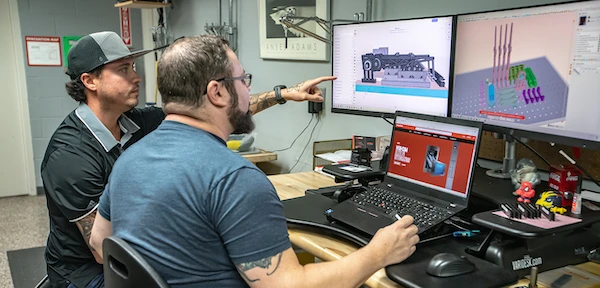Rapid ideation and review:
Leveraging Shapr3D for early-stage design in NX-only workflows
The intricate product development process demands flexibility to create organic concepts without detailed constraints, followed by refinement to meet mechanical requirements. However, CAD limitations often confine the design process, resulting in restricted thinking, premature fixation, and boundary ideation, hindering conceptual design. The lack of support for the conceptualization and iteration stages, insufficient file compatibility, and poor integration with AR/XR environments create suboptimal conditions for innovation and meeting tight product development timelines.
Design departments can more effectively lead business outcomes by establishing tool vitality—selecting the right tool for each design step rather than relying on one sole tool. This paper explores best practices for integrating Shapr3D and Siemens NX, demonstrating how these complementary CAD tools strengthen collaboration between industrial design and engineering for optimal product and business outcomes.
Since CAD emerged as a faster, more precise solution to documentation, it strongly served engineering needs, suiting the late-stage design process. Now with the evolution of the design workflow, it needs to reflect earlier stages of the design process as well, mainly by offering:





